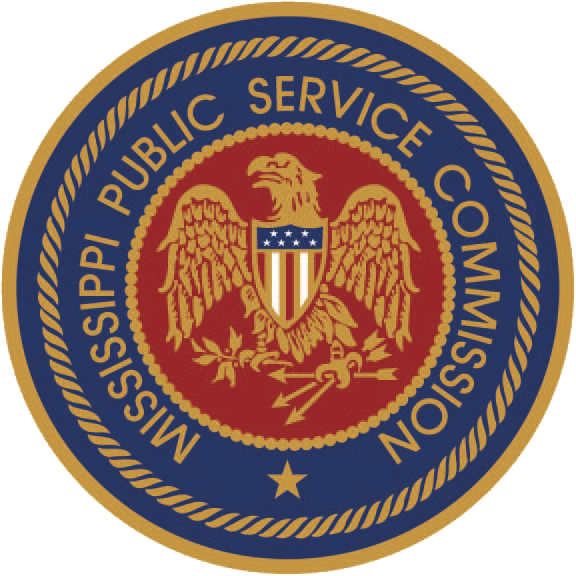Hurricanes and Major Storms
After a hurricane or other major storm, you need to use caution and avoid hazards that are common with public utilities in your residence.
- Request that your utility company stop billing if your home is unlivable or has been destroyed.
- NEVER touch a fallen power line. Call the power company to report fallen power lines. Avoid contact with overhead power lines during cleanup and other activities.
- If electrical circuits and equipment have gotten wet or are in or near water, turn off the power at the main breaker or fuse on the service panel. Do not turn the power back on until electrical equipment has been inspected by a qualified electrician.
- If a "boil water" advisory is in effect, do not drink tap water or use it to brush your teeth unless water has come to a rolling boil for at least 1 minute or is treated with unscented household chlorine bleach. To treat water, add 1/4 teaspoon (approximately 1.5 mL) bleach to 1 gallon of cloudy water or 1/8 teaspoon (approximately 0.75 mL) bleach to 1 gallon of clear water . Stir well and let it stand for 30 minutes before you use it.
- Check for broken water pipes.
- Contact your utility companies to report outages or to determine if service is available in your area.
Ice Storms and Winter Weather
- Stay clear of downed power lines.
- If you smell sewer gas or toxic fumes, your sewer vents could be plugged with ice. Carefully remove ice clogs to prevent an explosive situation.
- Basement floor drains that have dried up will allow sewer gas to enter the home. Adding a tablespoon or two of vegetable oil or mineral oil to the water in the drain will slow down the evaporation of the water in the drain trap.
Earthquakes
- If trapped under debris, do not light a match or lighter, as there may be a gas leak or other flammable items nearby.
- Check for gas leaks. If you smell gas or hear blowing or hissing noise, open a window and quickly leave the building. Turn off the gas at the outside main valve if you can and call the gas company from a neighbor's home. If you turn off the gas for any reason, it must be turned back on by a professional.
- Look for electrical system damage. If you see sparks or broken or frayed wires, or if you smell hot insulation, turn off the electricity at the main fuse box or circuit breaker. If you have to step in water to get to the fuse box or circuit breaker, call an electrician first for advice.
- Check for sewage and water lines damage. If you suspect sewage lines are damaged, avoid using the toilets and call a plumber. If water pipes are damaged, contact the water company and avoid using water from the tap. You can obtain safe water by melting ice cubes.
- Use telephone for emergencies only.
Flooding
Flooding can contaminate the public water supply. Drinking contaminated water may cause illness. You cannot assume that the water in the affected area is safe to drink. Water treatment plants may not be operating; even if they are, flooding can contaminate water lines.
- Listen for public announcements about the safety of the water supply. If your well has been flooded, it needs to be tested and disinfected after the flood waters recede.
- If you smell gas or suspect a leak, turn off the main gas valve, open all windows, and leave the house immediately.
- Never turn on power or operate electrical tools and appliances while standing in water.
